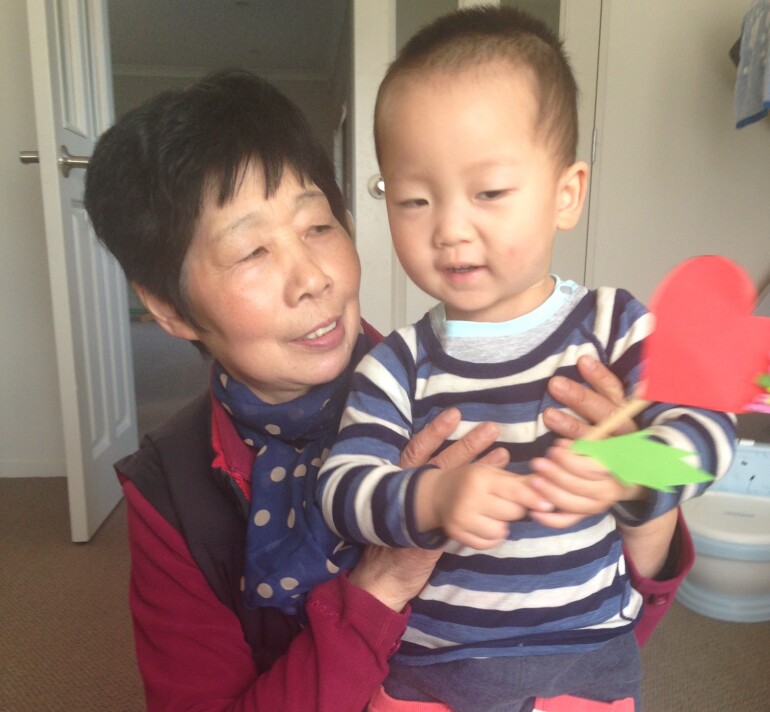News And Events

The Importance of Attachment
5 June 2021The relationship and bonds you form with your child is important for them to feel safe, secure, and loved in an environment that encourages them to explore the world around them.
There are so many ways we can form these attachments and relationships. Educators and parents show that they care by providing children with what they need when they need it, being aware of their routines and rituals, and nurturing their development. Having those key care moments, responding to them with smiles, eye contact and conversations are all special moments that enable positive attachments to be made.
Here are some simple things we can do to encourage attachment and form relationships:
- Place your baby on your lap, facing you. Look gently into your baby’s eyes and speak softly while you are looking at each other. Keep looking at baby and respond to baby’s reactions with smiles, words and encouraging noises.
- When you change your baby’s nappy, fold clothes, or do other household tasks, talk to your baby about what you’re doing. The sound of your voice is soothing to your baby.
- Show you’re listening when your baby makes noises. Try smiling, nodding, widening your eyes, and lifting your eyebrows. You can also say things like, ‘Is that right?’ or ‘Aren’t you talking well!’ This all encourages your baby to keep communicating, which builds your bond.
- Help your baby to feel calm after being upset or excited. You can do this by stroking baby, saying gentle words, and playing soothing music.
- Use words that show you understand how baby is feeling when you respond to their needs. And repeat words to help your baby understand their meanings. For example, when you’re feeding your baby, you could say, ‘Are you hungry?’, ‘You’re hungry aren’t you?’ or ‘Oh, I’m hungry too’.
- Repeat your baby’s sounds. If baby says ‘ba-ba’, say ‘ba-ba’ back and wait for a response. This encourages your baby to keep communicating with you, which is good for strengthening your bond. It also teaches your baby about conversations.
- Play peekaboo with your baby by hiding your face behind your hands, then popping out with a smile. This helps baby understand that you still exist, even when they can’t see you.
Have you ever sat and talked to a baby and have them respond with a smile, or a babble or even a giggle? These little moments are the start of them learning about relationships. All these caring moments build so many connections within the brain and encourage that healthy attachment.
Just like adults, babies know when they are loved and cared for. You might see this when a baby or infant starts in care with their Educator and they sit in their safe space, cuddled in the Educator’s arms, peering out to the wider world and then, with care and guidance, they venture out, looking back or even returning to them for a little reassurance and love. Then slowly, their confidence builds until they are playing or exploring on their own, knowing that their Educator is their safe space and that they will always be there to support and encourage them whenever they need it.
At Nurtured at Home, Educators create this safe space in their home environment for their care children to explore and develop in their own time, with someone who is familiar to them forming strong relationships alongside parents to provide this support and guidance.
When your baby feels safe, secure, and loved, your baby is more confident to explore their world. And this is how your baby learns and develops communication, social, physical, and other skills.


